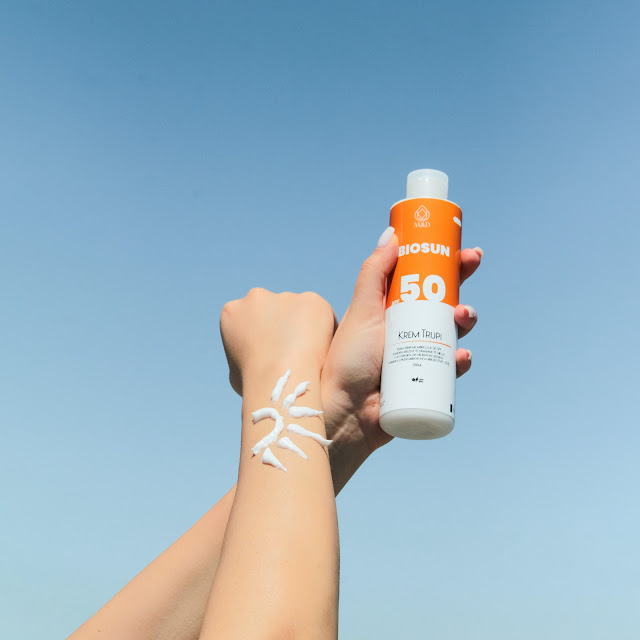Choosing the Best SPF Sunscreen Lotion for Maximum Protection from the Sun
Introduction
With the increasing awareness of the damaging effects of the sun's ultraviolet (UV) rays on our skin, sunscreen has become an indispensable part of our daily skincare routine. Sunscreen lotions with Sun Protection Factor (SPF) ratings are designed to shield our skin from harmful UV radiation, reducing the risk of sunburn, premature aging, and skin cancer. However, with a myriad of options available, selecting the best SPF sunscreen lotion for maximum protection from the sun can be overwhelming. This article aims to guide you through the process of choosing the most effective SPF sunscreen for your skin type and lifestyle.
Understanding SPF Ratings
SPF stands for Sun Protection Factor, and it represents the sunscreen's ability to block UVB rays, the main culprits behind sunburn. The SPF rating indicates how much longer you can stay in the sun without getting sunburned compared to unprotected skin. For example, if you usually get sunburned after 10 minutes in the sun, an SPF 30 sunscreen would theoretically allow you to stay in the sun for approximately 300 minutes (10 minutes multiplied by SPF 30) without burning.
It is essential to note that no sunscreen can provide 100% protection, and the difference in protection between various SPF ratings is not as significant as it might seem. An SPF 30 sunscreen filters about 97% of UVB rays, while an SPF 50 sunscreen filters about 98%. SPF 100 offers only a slightly higher protection rate.
Choosing the Best SPF Sunscreen
1. Opt for Broad-Spectrum Protection: Look for sunscreens labeled "broad-spectrum," as they protect against both UVA and UVB rays. UVA rays are responsible for premature aging and can penetrate glass, contributing to sun damage even indoors.
2. Consider Your Skin Type: Individuals with different skin types require different formulations. If you have sensitive skin, look for sunscreens with physical blockers like zinc oxide and titanium dioxide, as they are less likely to cause irritation. For oily or acne-prone skin, choose oil-free or gel-based sunscreens. Those with dry skin may benefit from sunscreens with added moisturizing ingredients.
3. Water Resistance: If you plan on swimming or sweating heavily, choose a water-resistant sunscreen to ensure longer-lasting protection. Keep in mind that no sunscreen is entirely waterproof, so reapplication is still necessary after swimming or excessive sweating.
4. SPF 30 or Higher: Dermatologists generally recommend using sunscreen with an SPF of 30 or higher for adequate protection. SPF 30 filters out about 97% of UVB rays, striking a balance between protection and practicality.
5. Check for Expiration Dates: Expired sunscreen can lose its effectiveness, so always check the expiration date before purchase.
6. Reapplication Ease: The best sunscreen is one that you will use consistently and reapply every two hours or more frequently if swimming or sweating. Choose a sunscreen that is easy to apply and fits well with your daily routine.
Conclusion
When it comes to sunscreen lotions for maximum protection from the sun, choosing the right SPF is crucial. Remember that an SPF 30 sunscreen is generally sufficient for most people, and factors like broad-spectrum protection, skin type, and water resistance are also essential to consider. Always remember to apply sunscreen generously and reapply regularly to enjoy the best possible protection against the sun's harmful rays. By incorporating sunscreen into your daily routine, you can safeguard your skin's health and maintain a youthful, radiant complexion for years to come.


Comments
Post a Comment